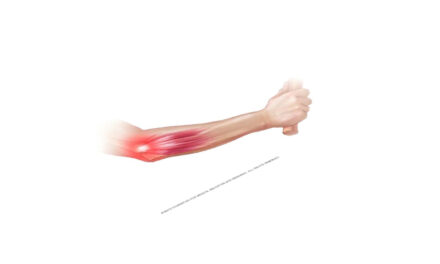Mark Alston was struggling with his weight and managing his diabetes. At 265 pounds he decided to have gastric bypass surgery. Since his weight loss surgery this past August, Mark has lost an initial 50 pounds and has dramatically reduced his diabetes medication. In fact, his blood sugar levels have remained within normal limits since the surgery and he expects his doctor to stop all of his diabetes medication at his next visit.
“I have a lot more energy,” Mark says. “I do a lot of walking for my job and I don’t get as winded as I used to.”
Studies have shown that gastric bypass weight loss surgery can help put Type 2 Diabetes into long‐term remission. This means that a diabetic patient may be able to stop taking all or most of their diabetes medication.
“We don’t fully understand how changing the stomach and small intestines can so rapidly adjust blood sugar, but it’s quite remarkable,” says Jenny Weaver, MD, director, UT Methodist Physician Weight Management and Wellness Center. “In many cases, a diabetic patient can leave the hospital two days after surgery and be off their medications. This is one of the most exciting aspects of gastric bypass surgery.”
What is gastric bypass surgery?
Gastric bypass surgery, also known as Roux‐en‐Y gastric bypass, is the gold standard for weight loss surgery in the United States. A surgeon makes a small pouch from the stomach and connects this new pouch directly to the small intestine, bypassing most of the stomach and a portion of the small intestine. This restructuring changes the way the stomach and small intestine absorb and digest food.
What are the benefits of gastric bypass surgery?
In addition to losing excess weight, gastric bypass surgery helps reduce the risk of potentially life‐threatening weight‐related conditions including:
- Heart Disease
- High Blood Pressure
- Sleep Apnea
- Stroke
- Type 2 Diabetes
- High Cholesterol
Who is a candidate for gastric bypass surgery?
- A person whose body mass index (BMI) is 40 or higher.
- A person whose BMI is 35 to 39.9 and has one or more serious weight‐related health problems, such as Type 2 diabetes, high blood pressure, high cholesterol, or severe sleep apnea.
What to expect after surgery
Gastric bypass surgery is laparoscopic, meaning it is done with a small camera through small incisions, so recovery is quicker and less painful. Patients only have to stay in the hospital for two to three days. They are back to normal activity in two to four weeks. Patients are taught to eat a certain way after the surgery to make sure they get in proper nutrition with a reduced amount of food.
About the UTMP Weight Management and Wellness Center
The bariatric program helps patients meet weight loss and fitness goals by developing an individualized plan and multidisciplinary approach. The bariatric team consists of surgeons, medical providers, dietitians, nurses, insurance specialists, and exercise physiologists. Experts in culinary medicine also collaborate on mindful approaches to eating. The program serves patients who desire to lose any amount of weight, whether or not they are interested in surgery.
To learn more about the Weight Management and Wellness Center, visit methodisthealth.org/weight loss or call 901.758.7840.







